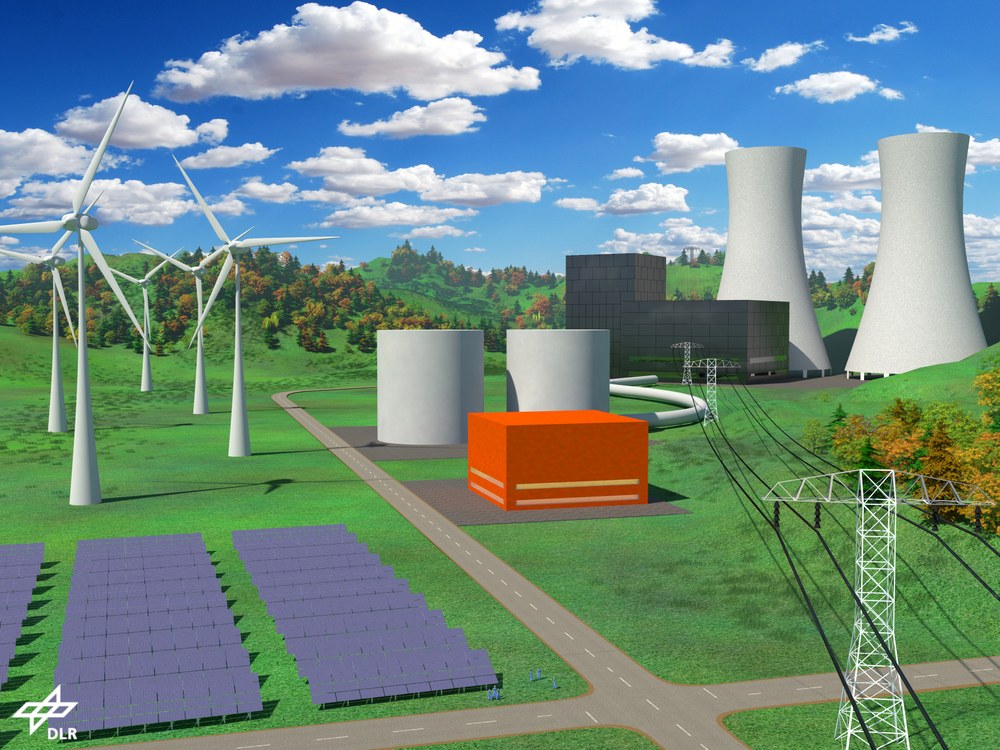The Institute

What are low carbon industrial processes?
Industry requires around 70 percent of its energy in the form of heat, and only around 15 percent of this heat is currently generated using “green” technologies. The majority of heat demand is covered by fossil fuels, which emit large quantities of greenhouse gases (GHG), primarily carbon dioxide. The aim is to design industrial processes in such a way that they produce as little or no CO2 as possible.
Why do we exist?
In June 2019, the German Aerospace Center (DLR) founded the Institute of Low Carbon Industrial Processes in Cottbus and Zittau to research decarbonization options for a variety of industries. These options focus on sustainable energy supply and increasing efficiency in order to shape the energy transition and achieve climate targets.
The Institute of Low Carbon Industrial Processes expands the portfolio of DLR energy research topics and focuses on the decarbonization of industry. The focus of research and development is on the reduction of carbon dioxide in many branches of industry, such as paper and food production or the production of aluminum. This also includes converting coal-fired power plants into low carbon energy suppliers.
Another focus of the institute is cooperation with (regional) industrial partners in the context of technology transfer and with research institutions.
What are our research fields?
We are developing new technologies to provide renewable heat for industrial processes. This renewable high-temperature heat is to be provided for industrial processes above 150° C. Another topic is the CO2 reduction of industrial processes that are difficult or impossible to convert to electrical operation. Our institute is divided into three departments:
- The department for high-temperature heat pumps develops prototypes of new types of high-temperature heat pumps that provide process heat and cooling for industry.
- The Department of Simulation and Virtual Design is working on the conversion of fossil industrial processes to climate-neutral production, taking into account technological and economic aspects and thus contributing to risk reduction in companies.
- The department for low-carbon reducing agents investigates new disruptive technologies for low-carbon energy sources in order to avoid CO2 in industries where electrification is not or only partially possible and therefore have to rely on technology change.
